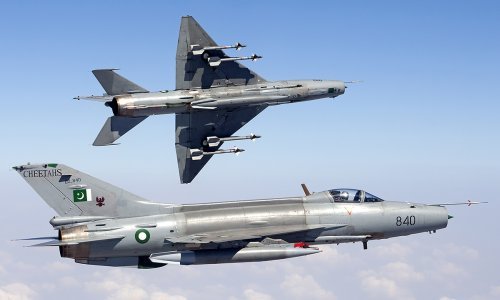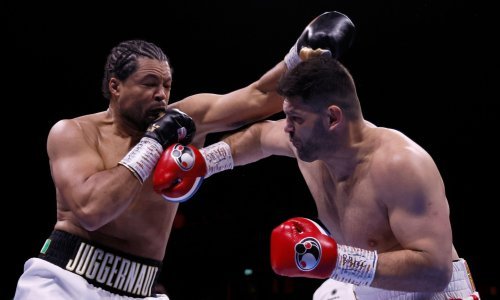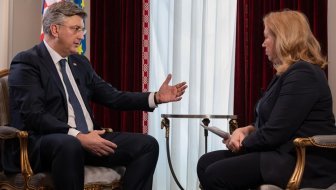The Global Peace Index, produced by the Australia and U.S.-based Institute for Economics and Peace, shows that Croatia is the 35th most peaceful country in the world.
Despite an escalating conflict in Syria and mounting civil unrest in Europe, the world became a more peaceful place in the last year, the study showed on Tuesday, highlighting particular improvement in Africa.
The survey studied 23 indicators across 158 countries, ranging from measures of civil unrest and crime to military spending, involvement in armed conflict and relations with neighbours. Aside from the deterioration in the Middle East, every other region in the world showed at least some form of improvement.
Croatia's Global Peace Index is 1.6 (1 being the best and 5 being the worst). The country moved up one place compared to last year. Croatia is ranked the best in the deaths from conflict (internal and external), weapons exports, the number of suicides, the number of displaces people, terrorist acts, political terror and UN peacekeeping funding. Croatia is ranked the worst (4.0) when it comes to access to weapons, perceived criminality in society (3.0), security officers and police (3.0) and military capability (3.0)
On a global scale, despite an escalating conflict in Syria and mounting civil unrest in Europe, the world became a more peaceful place in the last year.
For the first time, sub-Saharan Africa was no longer the world's least peaceful region, losing that dubious distinction to the Middle East and North Africa in the aftermath of the "Arab Spring".
Overall, global military spending looked to be beginning to fall - in part a consequence of the global financial crisis - while relations between countries were broadly improving, with leaders increasingly turning to diplomacy not violence, the report said.
The sharpest deterioration in peace, the report showed, took place in Syria, with several other countries in the region falling down the list. The uprising against Syrian leader Bashar al-Assad has become increasingly bloody particularly in recent weeks, with several massacres reported.
Somalia remained the world's least peaceful place, the report said, but in general African countries were amongst the surveys' fastest risers.
Iceland, probably the country most affected by the financial crisis after its economy and currency imploded in 2008, remained at the top of the list as the world's most peaceful country. Iceland is followed by Denmark, New Zealand, Canada, Japan, Austria, Ireland, Slovenia, Finland and Switzerland.
The United States is ranked 88th, one place ahead of China. Croatia's neighbours Serbia and Bosnia and Herzegovina are 64th and 65th, Macedonia is 68th, and Montenegro is 81st.
Of the EU members, Greece in particular had been tumbling down the list, dropping 40 or so places over four years in the face of mounting civil unrest and crime as it struggles with tough austerity measures and worries over a possible exit from the euro single currency.
The Institute for Economics and Peace (IEP) is a non-profit research organization dedicated to shifting the world’s focus to peace as a positive, achievable, and tangible measure of human well-being and progress.
































